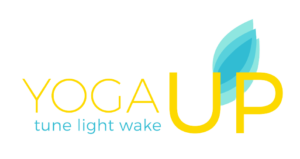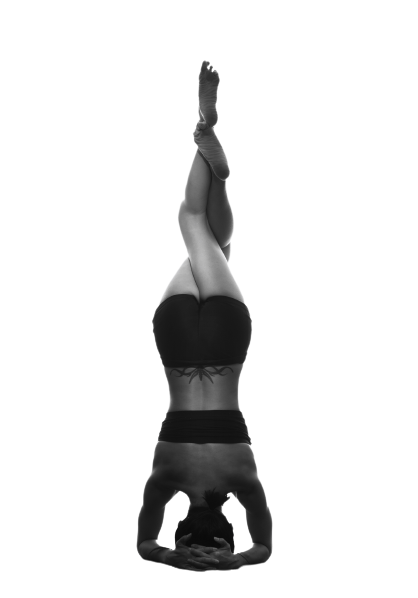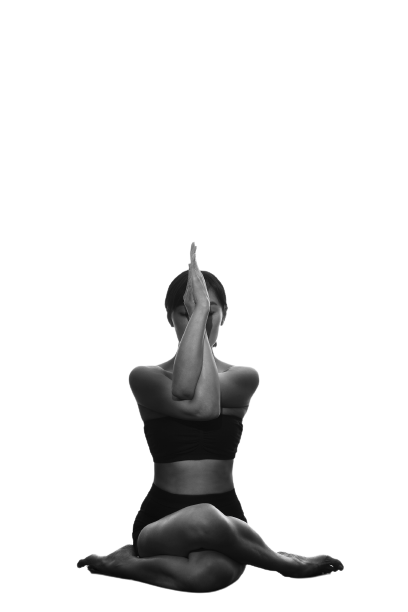Vegan Food and Vegan Dieting
People have been eating vegan food for many years, but there are still misconceptions about this plant-based diet. We wanted to discuss a few of those and hopefully help you decide if this way of eating may or may not be for you. We’ll also discuss vegan food, along with their benefits and nutrients, or lack thereof. It’s important to note that there are unhealthy vegan foods to be watched out for. Some “vegan meats” can be artificial, as well as candies and processed food, in general.
Most of us might think that we can only get a reliable source of protein through meat, dairy and eggs. Although grains, nuts, seeds and veggies have protein, but a lower count. If you eat healthy, and a variety of foods, you’ll build enough protein that it won’t matter. Quinoa has a high amount of amino acid (what protein is built from) and foods like pumpkin seeds, peanut butter, and almonds have a great amount of protein. So, these are some options to incorporate, along with vegan protein powder.
Being on a vegan diet doesn’t have to be hard, and the key is to avoid as much processed food and eat fresh food instead. Remember to keep everything balanced by implementing a little bit of everything into your daily food intake. If you try new foods, and make meals interesting by putting different ingredients together, it will most likely help you stick to your plan. No one likes to be limited to the same food every day and especially not for every meal. Ideally, you’d want to make a list that outlines your meals, including snacks, for the entire week.
Because vegan food is low in saturated fat, you’ll also want to keep your body supplied with Omega 3 fats, which are good for our heart. And, you’ll want to add the proper amount of nutrients and vitamins, like Vitamin B12 (supplements), iron, and Vitamin D. These are things to remember when you’re planning out meals and choosing how you’ll balance your daily diet.
You can get your proteins from foods such as Lentils, Black beans, Veggie burger patties, Tofu, Soy Yogurt or Soy Milk. Your calcium can come from Broccoli, Soy beans, Kale, Collard Greens and Mustard Greens. A fantastic tip that I learned from a friend: cook in cast-iron pans! It’s an easy, fast way to get iron! Throw in some swiss chard, chickpeas, kidney beans, lentils, and soybeans and serve with a yummy dressing. Vitamin D is also very important to our bodies and fortified non-dairy milks can help with that. Flax seed, flax oil, walnuts and hemp seeds will fill the Omega 3 void, along with vegan Omega-3 DHA supplements.
The most important, and critical, component to starting a vegan diet is to speak to your physician or a nutrition specialist first. A vegan diet isn’t for everyone, so take the appropriate measures to make sure any diet changes are discussed with a professional first.


